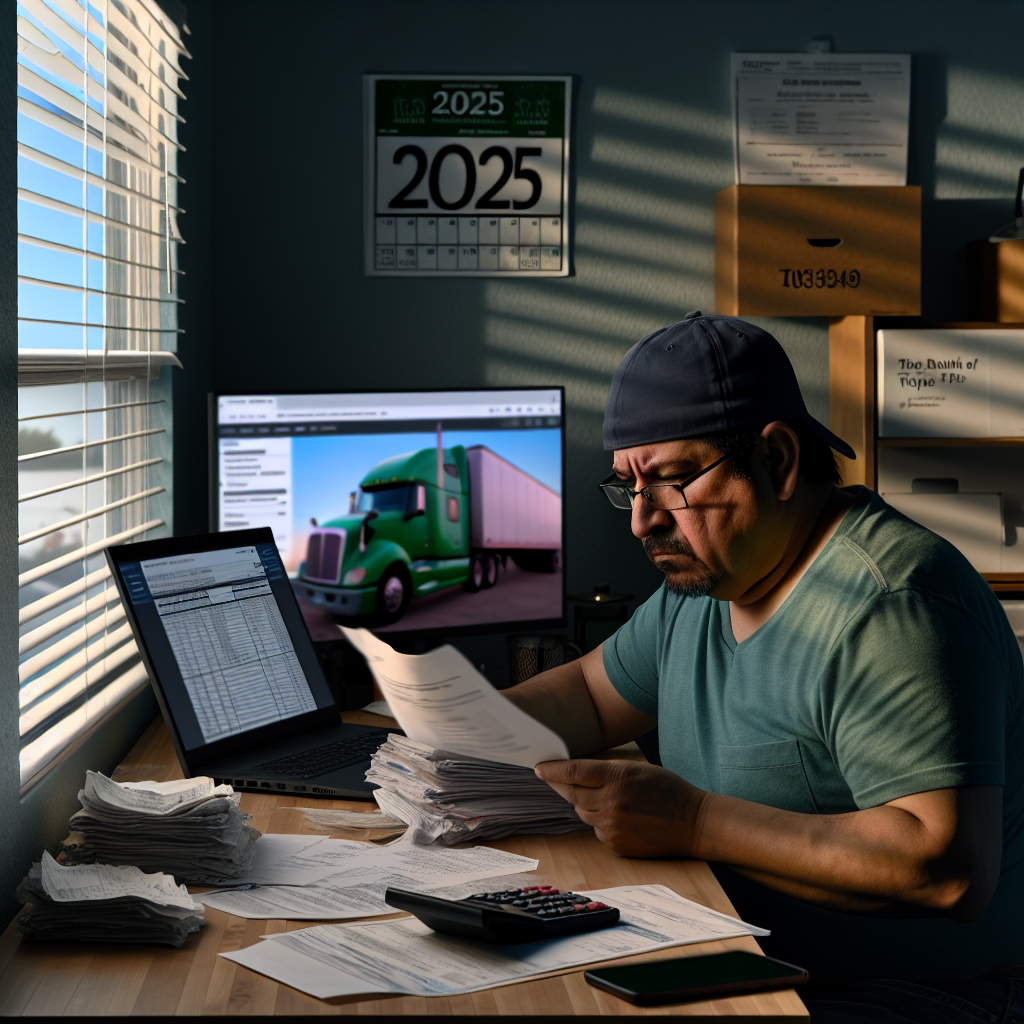The short answer
Yes—Cash App does report certain payments to the IRS. As a “third‑party settlement organization” (TPSO), Cash App must send Form 1099‑K to qualifying business users and to the IRS. After Congress changed the rules in October 2025, TPSOs now report only when a payee has both more than $20,000 in total payments and more than 200 transactions in the calendar year. That federal threshold applies for 2025 returns filed in early 2026. Note: there is no dollar or transaction threshold for direct payment card processing—processors issue a 1099‑K for any amount paid by credit/debit cards.
Personal vs. business on Cash App
Cash App says only business accounts are subject to 1099‑K reporting. Personal, peer‑to‑peer transfers (splitting a meal, gifts, reimbursements) aren’t reported. But if you run business payments through a personal account—or tag personal payments as “goods and services”—you can trigger a 1099‑K in error. Keep business and personal completely separate.
Key dates and documents
- By January 31, TPSOs and card processors must furnish your 1099‑K for the prior calendar year. Make sure your mailing address and email are current in the app.
- You may also receive 1099‑NEC from brokers/shippers you hauled for. But payments made to you by card or through a TPSO should not be reported on a 1099‑NEC by the payer—those are reported on a 1099‑K by the settlement entity. This helps prevent double reporting.
What this means for owner‑operators and fleets
- Decide how you’ll get paid: If customers pay you via Cash App (Cash for Business) or other apps, you’ll likely receive a 1099‑K only if you exceed both the $20,000 and 200‑transaction thresholds in 2025. If customers pay you by credit card directly, your processor issues a 1099‑K regardless of amount.
- Avoid duplicates: Ask brokers and shippers not to issue a 1099‑NEC for any amounts they paid you by card or through an app—those should flow to your 1099‑K instead.
- Mind your states: Some states require 1099‑K at lower thresholds than the federal rule. If you operate or file in those states, you could still receive a form. Check your state rules.
- Keep clean books: 1099‑K shows gross receipts. Your tax return should back out non‑taxable items and reflect ordinary and necessary trucking expenses (fuel, maintenance, insurance, per‑diem, depreciation, etc.) to arrive at taxable income.
Got an incorrect 1099‑K?
It happens—especially when personal payments get misclassified or identity theft occurs. First, compare the form to your records; if it’s wrong, contact the issuer (Cash App) to request a correction. If you can’t get it corrected in time, the IRS says you can show the 1099‑K amount and an offsetting adjustment on your return with clear notation, then keep documentation in case of questions.
Best practices for the road
- Use a dedicated business Cash App (or other processor) for freight revenue; never mix in personal transfers.
- Turn on “goods and services” only for true business receipts; make sure friends/family mark reimbursements as personal.
- Download your transaction CSV monthly and reconcile to your TMS or bookkeeping software.
- Collect W‑9s from contractors you pay directly; issue 1099‑NEC where required—but not for card/app payments.
- Work with a tax pro who understands trucking to capture fuel tax credits, per‑diem, depreciation, and Section 179 properly.
Bottom line
For 2025, Cash App and other payment apps report business payments to the IRS on Form 1099‑K only if you exceed both $20,000 and 200 transactions; card processors still report all card payments. Personal transfers aren’t reported. Keep business and personal flows separate, reconcile monthly, and review every information return you receive so your tax filing reflects the income you actually earned hauling freight.
Sources Consulted: Internal Revenue Service; Cash App Support; Forbes
Need to file your Form 2290?
Join thousands of owner-operators and carriers who trust HeavyTax.com for fast and easy HVUT e-filing.
This article was prepared exclusively for truckstopinsider.com. For professional tax advice, consult a qualified professional.





